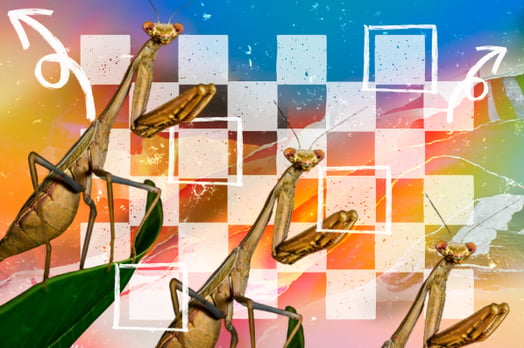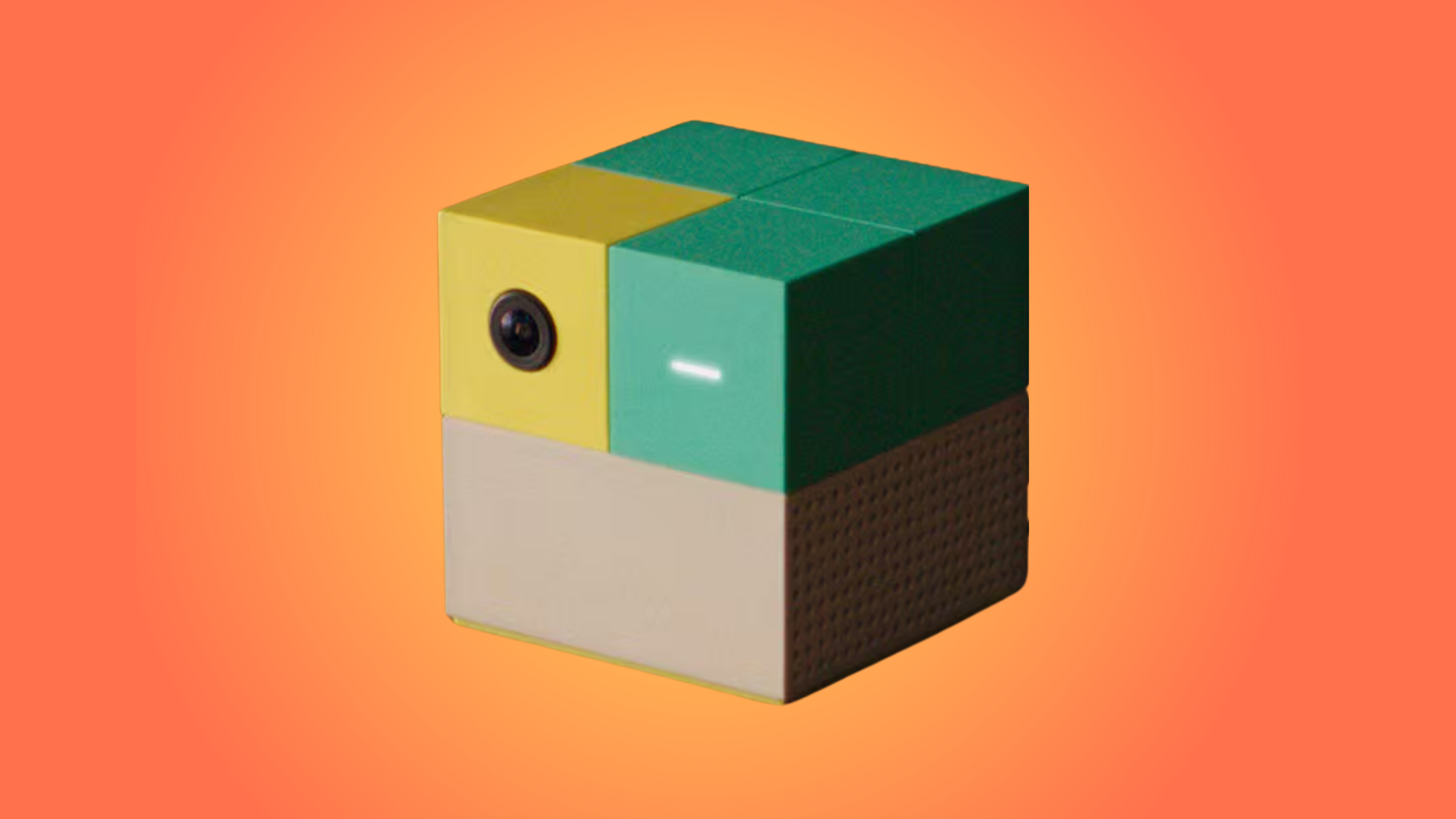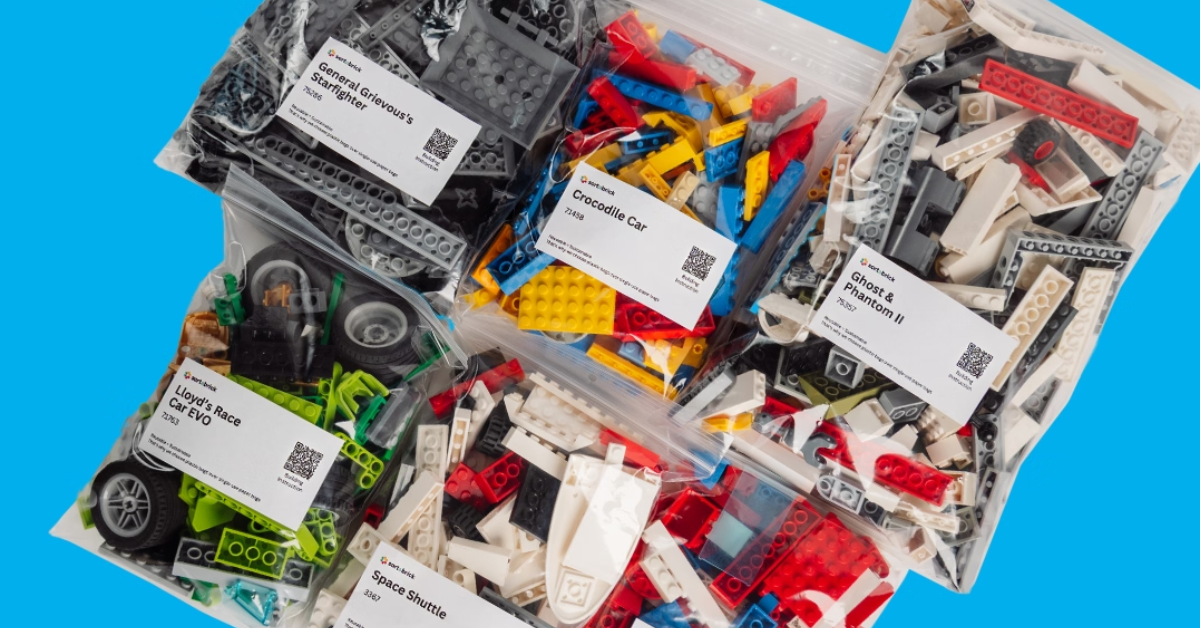You heard it here first, people: Cash cows are out and creepy-crawlies are in.

The insect-farming industry is adapting to offer more sustainable, affordable food solutions for both humans and animals in a changing economy and climate.
Leading the trend are startups creating innovative new technologies to recycle food waste and turn bugs into protein-packed food.
And they're not fighting for a lost cause: The edible insect market is expected to grow to $9.6B by 2030. Another stat that's going up is the global demand for protein, which is set to hit 60% by 2050.
There are, of course, obvious (six-legged) challenges to adoption of edible insects. That's why startups are easing in with a more palatable option: insect-based animal feed and pet food.
That means farm animals and even our furry domesticated friends are up first to the bug buffet.
One new company already working on insect-based animal feed is FlyFeed, a Estonia-based startup founded in 2021.
The company takes food waste generated by the country's farming industry and makes it into a substrate to feed black soldier fly larvae in controlled farming environments. Once the larvae reach optimal size in the controlled farming environments, they're harvested and processed into protein meal for animals and organic fertilizer for farming.
"Our goal is to offer a sustainable and efficient alternative to soy and fish meal, which have their own challenges regarding sustainability and supply," says Arseniy Olkhovskiy, FlyFeed's founder and CEO. "The most effective approach is to blend insect protein with these traditional sources, rather than replacing them entirely."
The impact of edible insects on the environment could be massive: Research suggests using insects to process waste generates 90% less greenhouse gas emissions compared to landfills or composting, and that insect farming saves 100 times the CO2 emissions compared to livestock.
At Protenga, a Singapore-based company founded in 2016, customers can choose from multiple insect-based solutions. The company makes protein meal, oil, and fertilizer, all used for feeding farm animals, and created a pet food line for domesticated animals as well, called YumGrubs.
Protenga's smart insect farms use tech to automate and optimize the farming process, and created InsectOS, a proprietary farm management system, to help farmers track performance and get real-time updates.
The company currently has one insect farm in Malaysia and aims to have 100 farms in operation by 2030. And while it works B2B with companies in farming and livestock industries for now, founder and CEO Leo Wein thinks an insect-centric future is not far off:
"We believe that insect-based ingredients will gradually move into mainstream adoption, primarily as a functional and fortifying ingredient that will add nutrition to existing food formulations," he says.
Another venture, Ovipost, farms and sells insects to zoos, aquariums, animal rescues, and pet stores, but is similarly eyeing a shift to human consumption.
"Insects are the most efficient and climate-friendly way to convert inexpensive byproducts into nutritionally dense protein," says Trina Chiasson, Ovipost's co-founder and CEO.
Chiasson says the Florida-based company, founded in 2017, is building its first human-grade processing facility in the next year to create insect-based protein powders for use in human and pet food.
While some startups are busy growing and farming insects for animal feed, others are working on the much-needed technologies to support them. UK-based Entocycle creates technology solutions for farming insects at scale.
Founded in 2017, the company's main product is Entosight Neo, a computer-vision-powered neonate counter that's able to count 3k insects per second with 98.9% accuracy. Because insect farming is a delicate balance between thousands of critters and heaps of food waste, technology is what ensures the proper outcomes.
Keiran Whitaker, founder and CEO of Entocycle, says the sector is set to explode, and he saw value in positioning his business as the one that helps other insect farms grow as that number reaches the thousands.
"Macro issues like the war in Ukraine, covid, and ships getting blocked globally, have caused people to realize that the protein in their supply chains is under immense pressure," says Whitaker. "So it's the right time for insect farming, and we have the technology to scale this industry."
What did you think of this article?
Startups
.jpg?width=48&height=48&name=IMG_2563%20(1).jpg)









